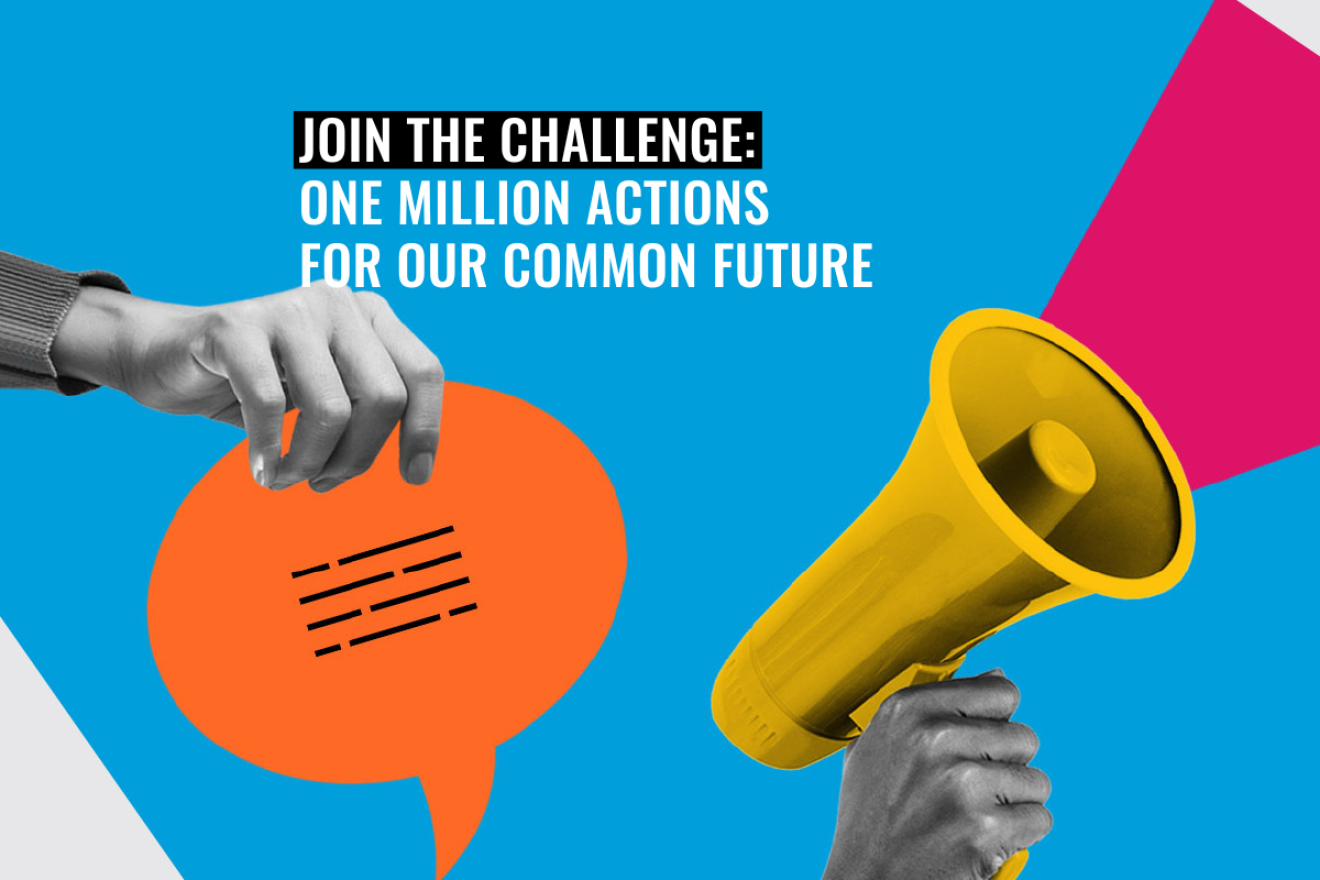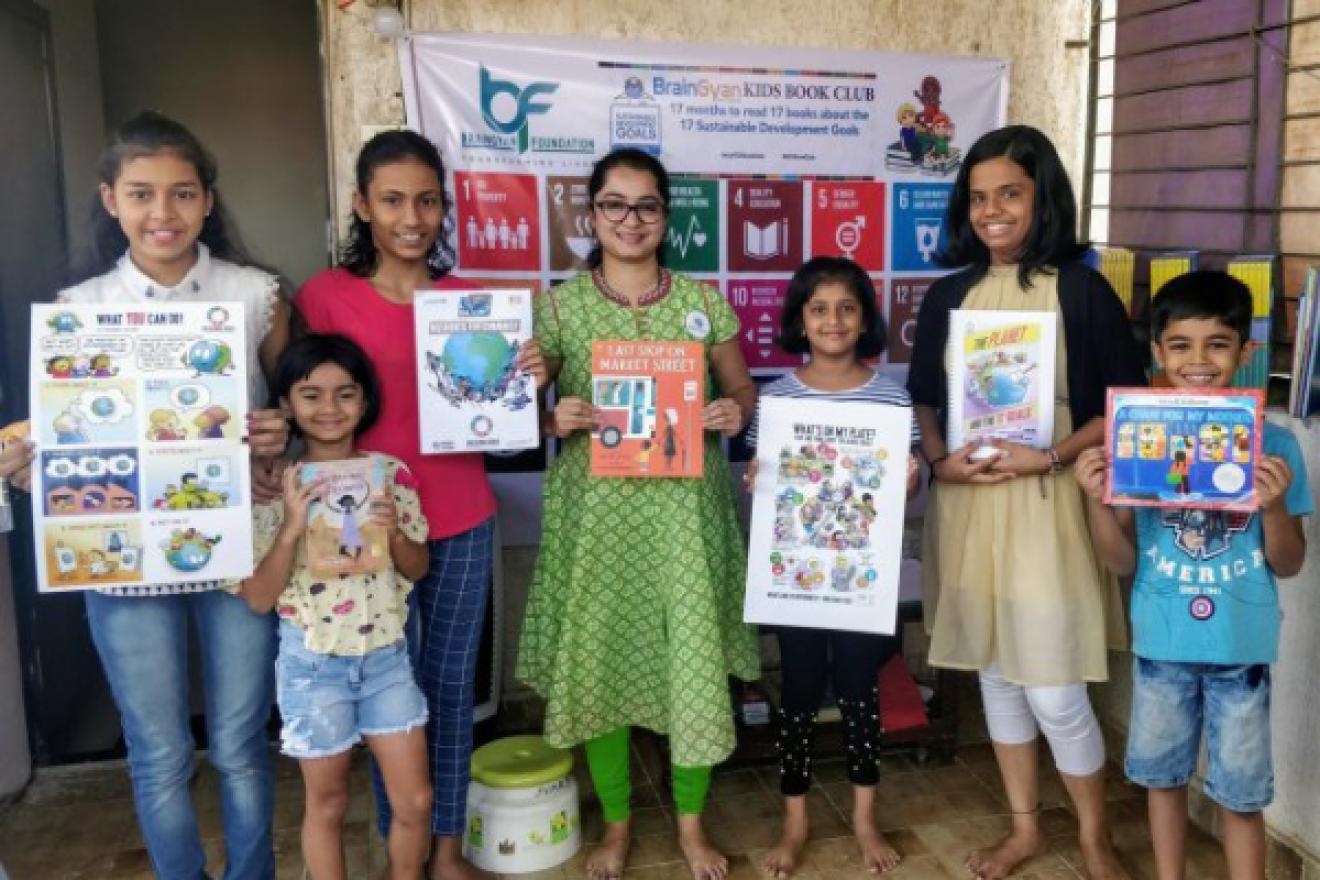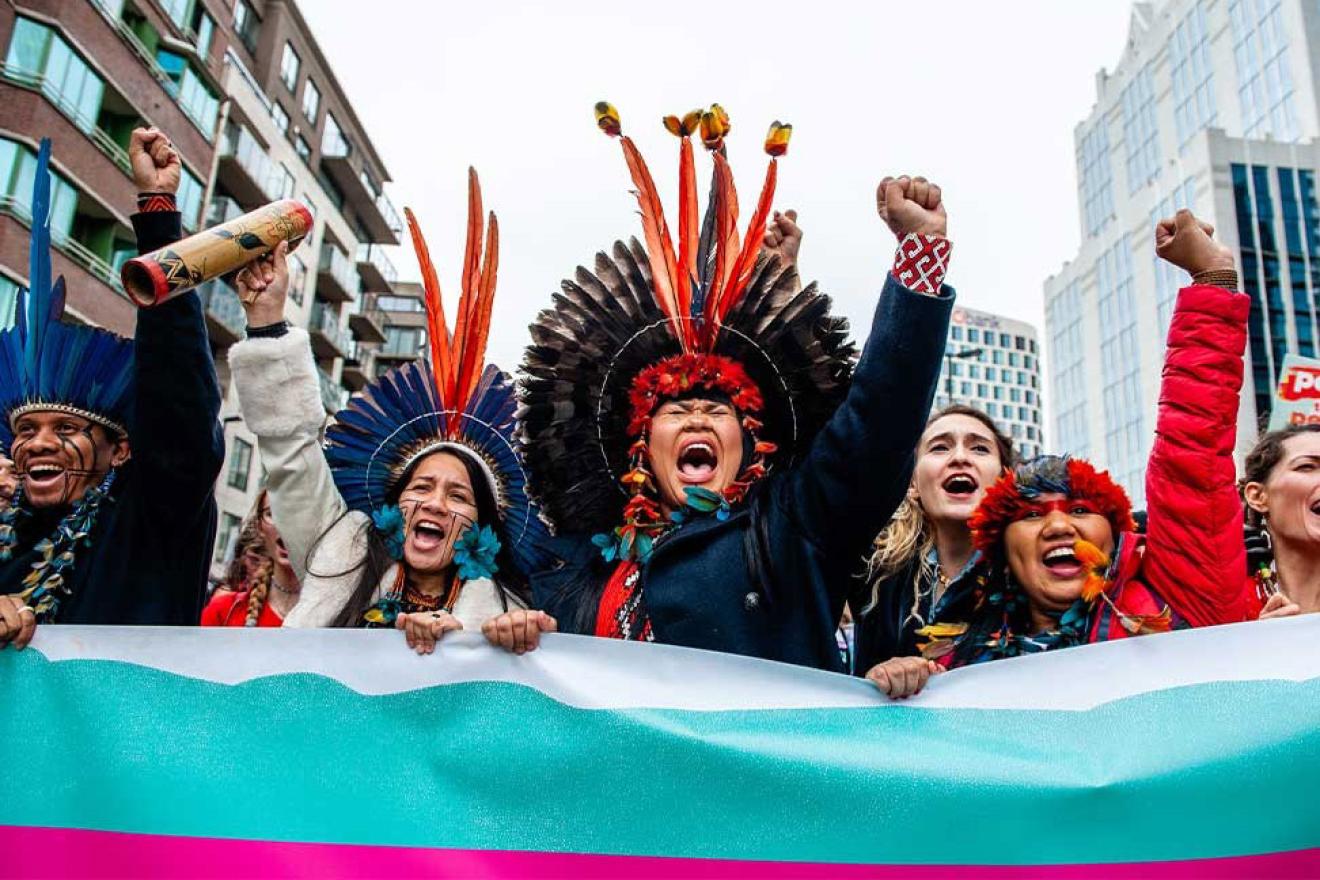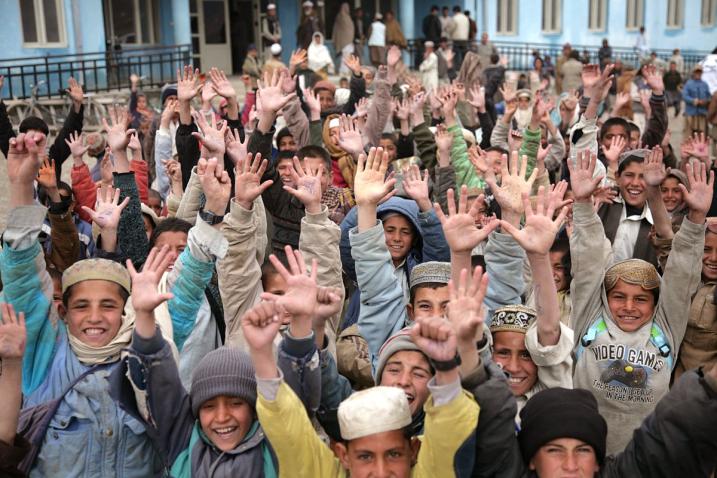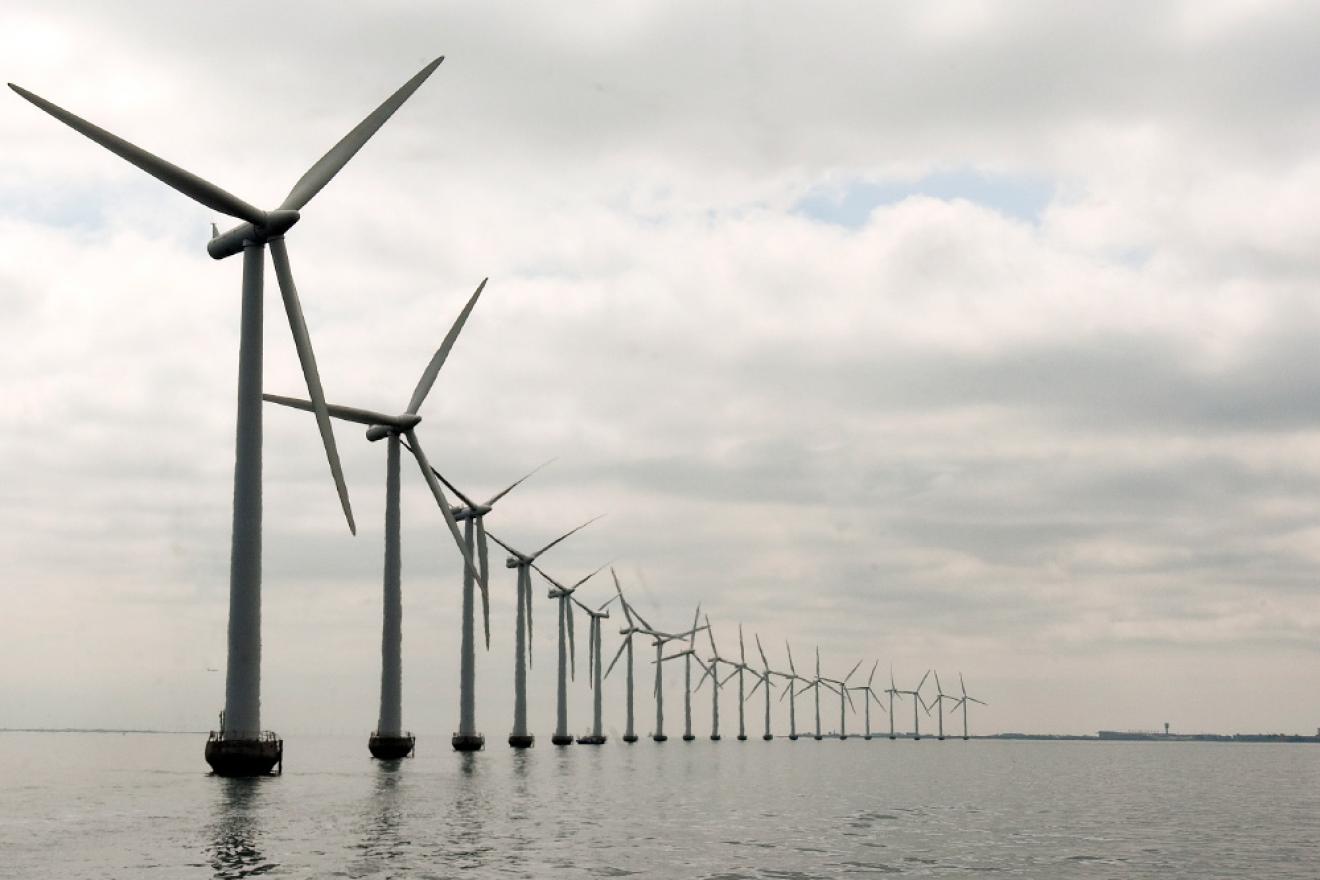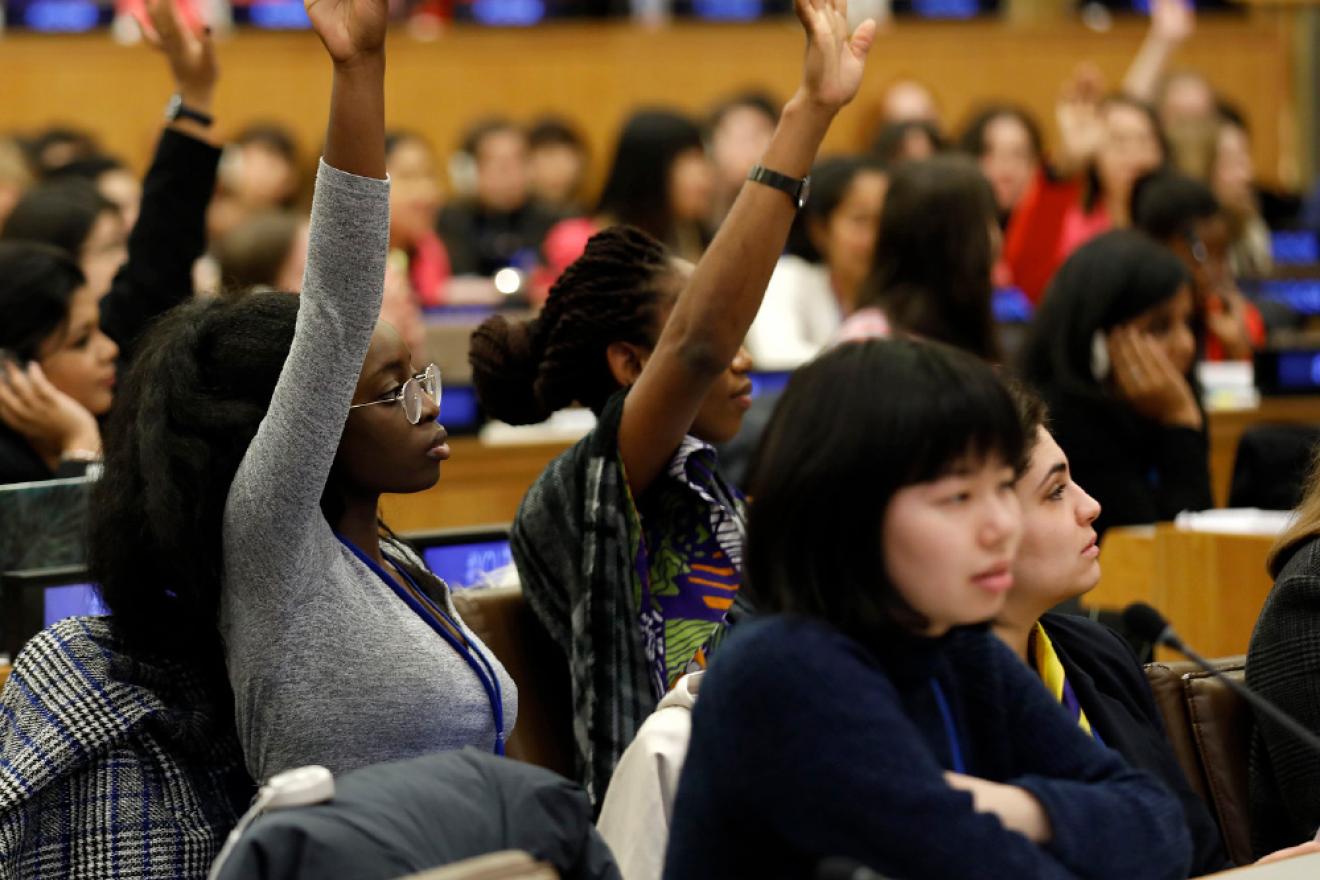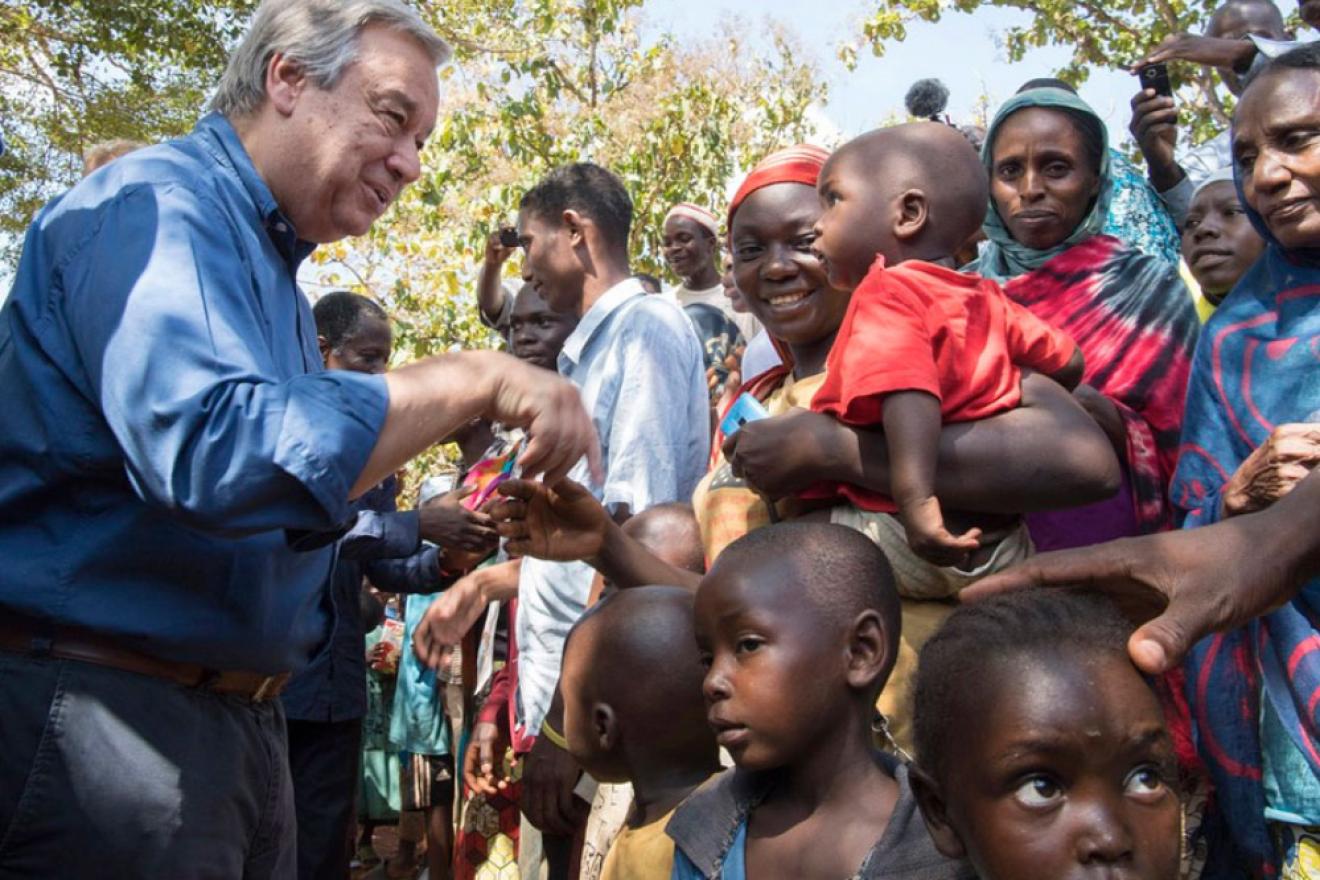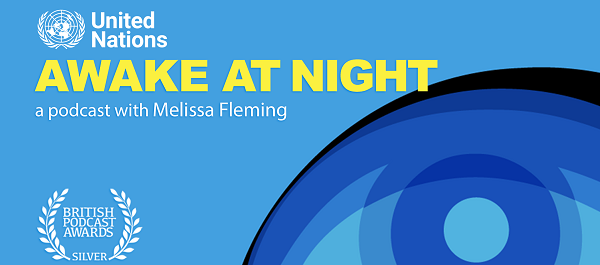Despite global travel and virtual tech, Expos offer unique spaces for nations to connect, innovate, and inspire collective solutions for global challenges.
The Goals can improve life for all of us. Cleaner air. Safer cities. Equality. Better jobs. These issues matter to everyone. But progress is too slow. We have to act, urgently, to accelerate changes that add up to better lives on a healthier planet. Find new inspiring actions on the app and at un.org/actnow.





